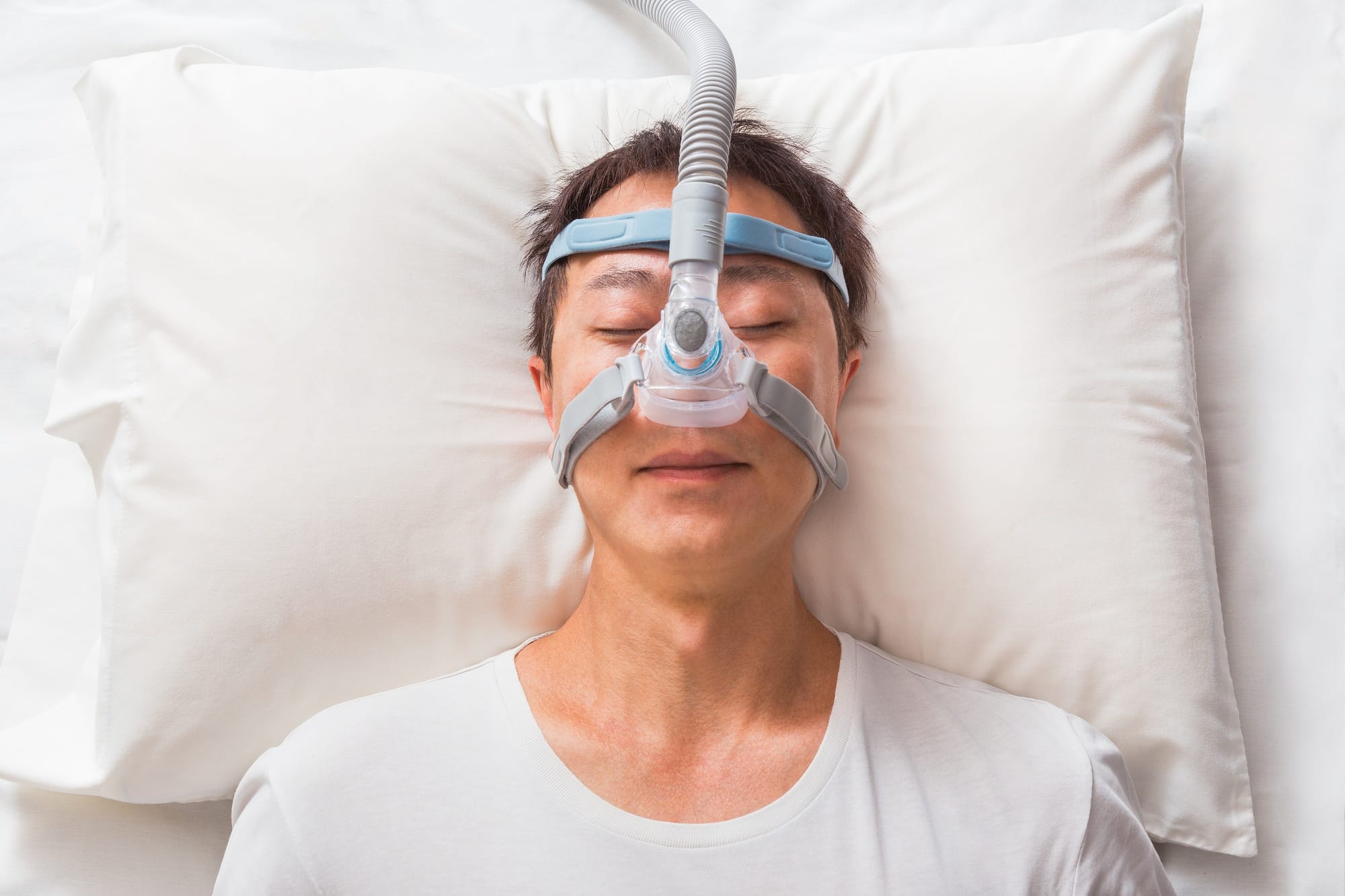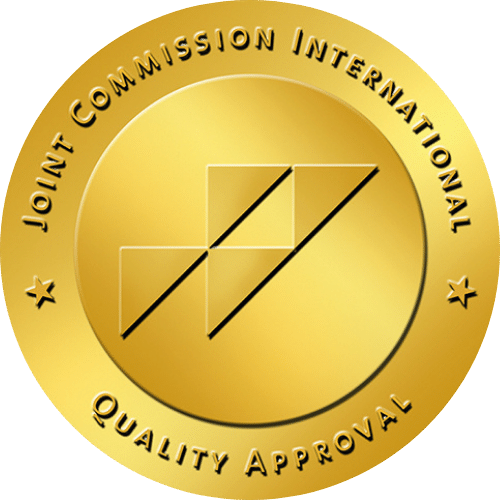4 min read

Sleep apnea is more common than many people realize, yet its signs can be subtle or mistaken for something else. Let’s explore together how to recognize if sleep apnea might be affecting your life—and what to do next.
Have you ever woken up feeling like you barely slept, even after a full night in bed? Or has someone close to you mentioned that you snore loudly or stop breathing for moments during sleep? If you’ve been asking yourself, how can I tell if I have sleep apnea?, you’re in the right place. This article will guide you through everything you need to know about sleep apnea symptoms, what causes this condition, and how to get the right diagnosis and treatment.
What Is Sleep Apnea?
Before diving into the symptoms of sleep apnea, it’s helpful to understand what sleep apnea actually is. Simply put, sleep apnea is a disorder where your breathing stops and starts repeatedly while you sleep. Imagine your airway narrowing or closing just when your body needs oxygen the most. This interruption can happen many times each night without you being fully aware.
Types of Sleep Apnea (Obstructive vs. Central)
There are two main types of sleep apnea:
- Obstructive Sleep Apnea (OSA): This is the most common type, caused by a blockage in your airway when the throat muscles relax too much during sleep.
- Central Sleep Apnea: This occurs when the brain doesn’t send the right signals to your breathing muscles, causing pauses in breathing.
Wondering which type might affect you? Understanding these basics is key to recognizing sleep apnea symptoms and causes.
Common Signs and Symptoms of Sleep Apnea
If you’re asking, how can I tell if I have sleep apnea?, start by looking for these common signs and symptoms:
Loud Snoring and Pauses in Breathing
Do you or your partner notice loud, chronic snoring? It’s often one of the first clues. More importantly, listen for pauses in breathing—moments when breathing stops for several seconds, often followed by choking or gasping sounds.
Excessive Daytime Sleepiness and Fatigue
Feeling overwhelmingly tired during the day—even after a full night in bed? This excessive daytime sleepiness is a classic symptom. It happens because those frequent breathing interruptions prevent you from getting deep, restorative sleep.
Morning Headaches and Difficulty Staying Asleep
Waking up with headaches or struggling to stay asleep through the night are also strong indicators of sleep apnea. These signs can be frustrating and might be mistaken for stress or other conditions, but they deserve your attention.
Cognitive Difficulties and Restless Sleep
Are you noticing trouble concentrating, memory lapses, or feeling foggy? These cognitive difficulties can be caused by interrupted sleep and reduced oxygen to your brain. Also, if you toss and turn frequently, it might be because your body is fighting to breathe.

What Causes Sleep Apnea?
You might be wondering, what causes sleep apnea in the first place? Here’s a simple breakdown of the main culprits:
Risk Factors such as Obesity and High Blood Pressure
Obesity is one of the top risk factors for obstructive sleep apnea. Extra weight, especially around your neck, can narrow your airway. High blood pressure often goes hand in hand with sleep apnea, making it important to pay attention to both.
How Breathing Interruptions Develop During Sleep
During sleep, muscles naturally relax. In sleep apnea, the throat muscles relax too much or the brain’s signals to breathe are disrupted, causing your airway to collapse or your breathing to stop temporarily. This leads to frequent awakenings—even if you don’t remember them.
If you’re preparing for a sleep study to diagnose sleep apnea, it’s important to know what to expect and how to get ready. For detailed tips on how to prepare, check out our comprehensive guide on how to prepare for a sleep study to make the process smooth and comfortable.
How Is Sleep Apnea Diagnosed?
If you suspect sleep apnea, the next step is diagnosis. Don’t worry—this process is designed to give you clear answers and guide treatment.
Sleep Studies and Polysomnography
A sleep study (also called polysomnography) is the gold standard for diagnosis. It monitors your breathing, oxygen levels, heart rate, and brain activity while you sleep, usually in a specialized lab or sometimes at home with portable devices.
Role of Neurology Tests in Diagnosis
Because sleep apnea affects your brain’s control of breathing, neurology tests can also provide valuable information. These tests help doctors understand how your nervous system is involved and tailor treatment to your needs.
If you’re ready to find out if you have sleep apnea, don’t wait any longer. You can easily book a neurological sleep test here to get a thorough evaluation from the comfort of your home.
Treatment Options for Sleep Apnea
The great news is that sleep apnea is highly treatable, and many people find significant relief once diagnosed.
Continuous Positive Airway Pressure (CPAP) Therapy
CPAP therapy is the most common and effective treatment. It involves wearing a mask that gently blows air into your airway, keeping it open all night. Although it may take some getting used to, many find their energy and quality of life dramatically improve.
Lifestyle Changes and Other Treatments
Besides CPAP, changes like losing weight, quitting smoking, and avoiding alcohol before bed can help reduce symptoms. In some cases, dental devices or surgery might be recommended to keep your airway open.
When to See a Doctor About Sleep Apnea
If you recognize any of these sleep apnea symptoms—loud snoring, daytime tiredness, morning headaches, or breathing pauses—don’t delay. Getting checked out early can prevent serious health issues like heart problems, diabetes, and stroke.
Imagine waking up feeling refreshed and ready to face the day with energy—this can be your reality with proper diagnosis and treatment.
Sleep Apnea Devices: Comparing Your Options
To help you get a better sense of treatment tools available, here’s a simple comparison of popular devices used to manage sleep apnea:
| Device | How It Works | Advantages | Disadvantages |
| CPAP Machine | Delivers continuous air pressure via a mask | Highly effective; improves sleep quality | Can be uncomfortable at first; requires adjustment |
| BiPAP Machine | Provides two levels of pressure (inhale/exhale) | Easier breathing for some users | More complex; higher cost |
| Dental Oral Appliances | Moves jaw forward to keep airway open | Portable, less intrusive | Less effective for severe cases |
| Surgical Options | Removes or reduces tissue blocking airway | Long-term solution in select cases | Invasive; requires recovery time |
Not sure which option suits you? A sleep specialist can help guide you based on your diagnosis and lifestyle.
Ready to Take the Next Step?
If you’ve spotted some of these sleep apnea symptoms or are concerned about your sleep quality, don’t wait. Contact us today to schedule a comprehensive neurological sleep test that can uncover what’s really happening during your nights.
Better sleep means better health—and we’re here to help you every step of the way.
Remember: Sleep apnea isn’t just about snoring. It’s a condition that can affect your heart, brain, and overall quality of life. By knowing the signs and causes and seeking timely diagnosis and treatment, you’re taking a powerful step toward reclaiming restful nights and energized days.
To learn more about how our convenient and reliable New Home Sleep Apnea Test works and how it can help you get an accurate diagnosis, visit our detailed service page. Taking this first step could be the key to better sleep and improved health.
Frequently Asked Questions About Sleep Apnea
1. How do I know if I have sleep apnea without a sleep study?
While a sleep study is the most accurate way to diagnose sleep apnea, certain signs can give you a strong indication. These include loud, chronic snoring, pauses in breathing during sleep, excessive daytime sleepiness, morning headaches, and difficulty concentrating. If you notice several of these symptoms, it’s important to talk to a healthcare professional who can recommend proper testing.
2. What causes sleep apnea to develop?
Sleep apnea most commonly develops due to the relaxation of throat muscles during sleep, which blocks the airway (obstructive sleep apnea). Other causes include the brain failing to signal the body to breathe properly (central sleep apnea). Risk factors such as obesity, high blood pressure, aging, and certain anatomical features like a thick neck or large tonsils increase the likelihood of developing sleep apnea.
3. Can lifestyle changes help with sleep apnea symptoms?
Yes! While some cases require medical treatment, lifestyle changes can significantly improve symptoms. Losing weight, avoiding alcohol and smoking, maintaining regular sleep hours, and sleeping on your side instead of your back can help keep your airway open and reduce the severity of sleep apnea.
4. Is sleep apnea dangerous if left untreated?
Absolutely. Untreated sleep apnea can increase the risk of serious health issues like high blood pressure, heart disease, stroke, diabetes, and daytime fatigue that may lead to accidents. Early diagnosis and treatment are crucial to prevent these complications and improve quality of life.
5. What treatment options are available for sleep apnea?
The most common treatment is CPAP therapy, which uses a machine to keep your airway open during sleep. Other options include dental devices, lifestyle modifications, and, in some cases, surgery. Your healthcare provider will help determine the best treatment based on the type and severity of your sleep apnea.

